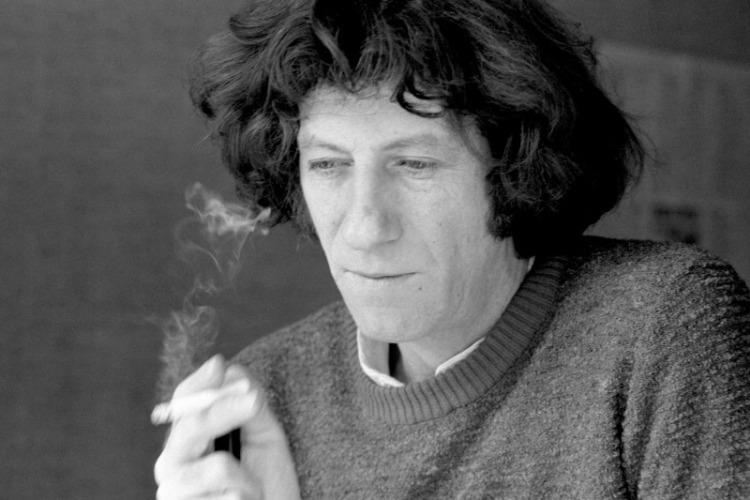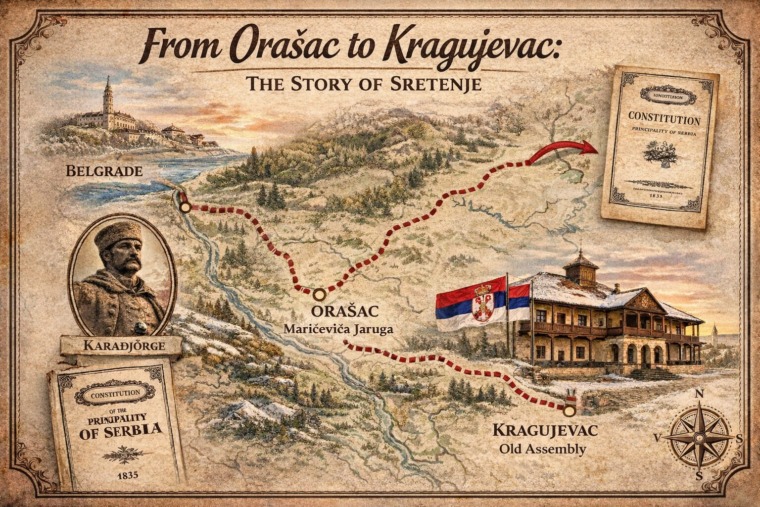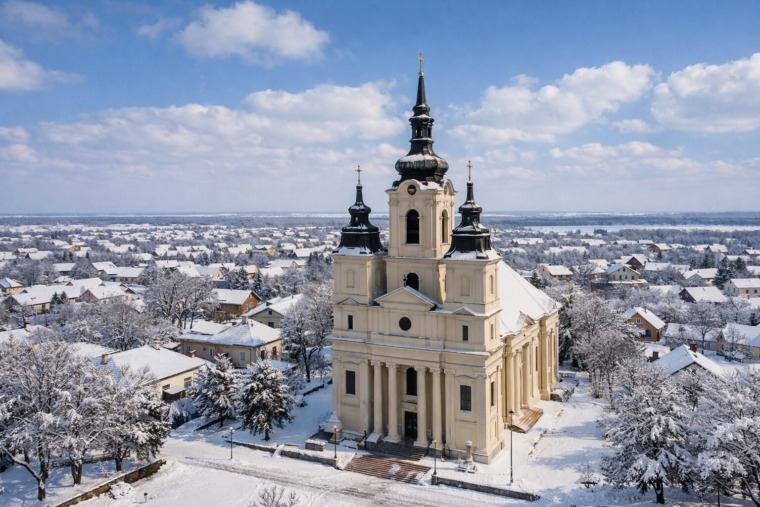

Kiš, a writer who exuded energy, oozed charm and with an authentic and distinctive style left an impression on his readers, bestowed upon Serbian literature literary works that are still being talked about and debated over.
He wrote his first poem at 9, and at the age of 30 his first significant prose work Garden, Ashes.
 The works that followed are considered to have left an indelible mark on Serbian literature. The most prominent of which is the Hourglass, a novel on the eradication of Jews.
The works that followed are considered to have left an indelible mark on Serbian literature. The most prominent of which is the Hourglass, a novel on the eradication of Jews.
Many would describe him as one of the most prominent figures of the literary world during the 60’s and 70’s. He was a novelist, a short story writer, a poet, a correspondent for SANU, a playwright for the “Atelje 212” theatre, a translator and a lector.
The Serbian literary genius, as he is also called, was born on 22 February 1935 in Subotica.
His father being taken to Auschwitz in 1944 left a huge mark not only on his childhood, which was consequently rough, but on his whole life as well.
Ever since he was a child he had a passion for putting his thoughts and feelings into words, and as a result of that passion many poems, essays, short stories as well as Russian, Hungarian and French translations were born.
Danilo Kiš is one of the most translated writers and a recipient of an array of prestigious awards. Some of them include the French literary award Grand aigle d`or de la ville de Nice, the Andrić award, the Skender Kulenović award, the AVNOJ award and the Sedmojulska award.
His first novel Psalm 44, which he wrote in 1955, was followed by The Attic and Garden, Ashes. In his constant endeavour to subdue life to art, Kiš constantly wrote. His relentless desire to find out the identity of his father made an impact on his life and opus. What is interesting is that his works show continuity but not progress.
And that is how a great contemporary saga of the quest for a father figure, for personal identity, and for the knowledge of the world and its history, was created. The saga in question is the Hourglass. Published in 1972, this masterpiece earned Kiš the NIN award which he returned after a few years.
Early Sorrows, Anatomy Class, The Encyclopedia of the Dead, Night and Fog are just some of the many achievements that made the author well-known for his specific view on reality. His book The Lute and the Scars never reached completion due to the author’s death. Kiš died on 15 October 1989 in Paris and was buried in the Alley of the Geats in Belgrade.
Related Articles


5 Little Things in Serbia That Travelers Never Forget
February 20, 2026
Interesting Facts About Sretenje You May Not Know
February 16, 2026






